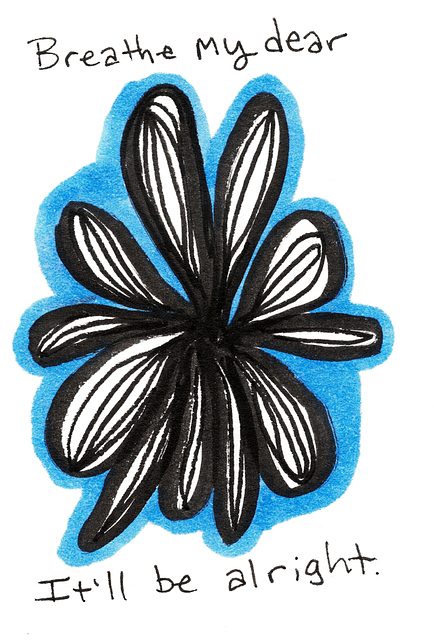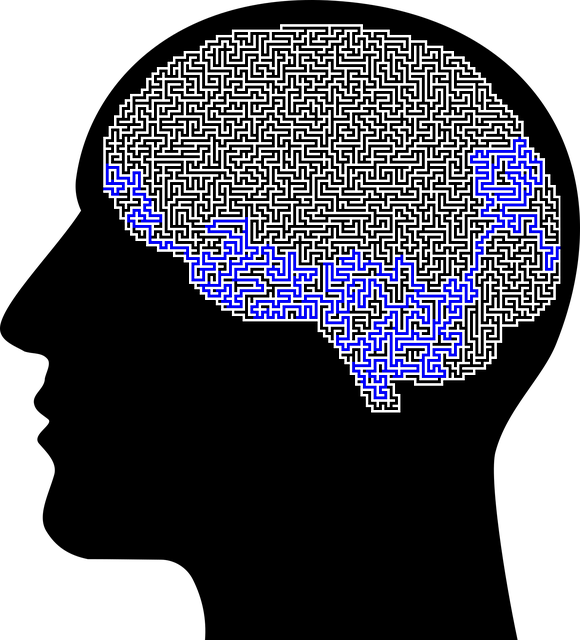Loss and grief pose unique challenges for young children with learning disabilities, requiring specialized therapy approaches. Effective programs incorporate cultural sensitivity, open communication, and tailored coping mechanisms through activities like play therapy and stress management workshops. Support groups and resources for parents cater to their emotional needs while caring for affected children, fostering a supportive environment for gradual healing.
Loss, grief, and bereavement can profoundly impact young children, especially those with learning disabilities. This article explores these complex issues, offering insights into the unique challenges faced by both children and their families. We delve into understanding loss, the specific effects of learning disabilities on bereavement counseling, and effective therapy approaches tailored to young children with these disabilities. Additionally, we provide essential resources for parents and caregivers navigating this difficult journey.
- Understanding Loss, Grief, and Bereavement in Young Children
- The Impact of Learning Disabilities on Bereavement Counseling
- Effective Therapy Approaches for Young Children with Learning Disabilities
- Resources and Support for Parents and Caregivers Navigating Bereavement
Understanding Loss, Grief, and Bereavement in Young Children

Loss, grief, and bereavement are profound experiences that can significantly impact young children, especially those with learning disabilities. Understanding these concepts is crucial for providing appropriate therapy to help them navigate through these challenging times. Young kids often struggle to comprehend the permanence of loss but can still feel intense emotions such as sadness, anger, or confusion. They may grieve the absence of a loved one, whether it’s a parent, caregiver, or peer, and this process is unique to each child.
Effective therapy for young children involves building empathy and using age-appropriate strategies to help them process their feelings. Mental wellness coaching programs designed with cultural sensitivity in mind can be beneficial, as they recognize the diverse ways grief manifests across different communities. These programs focus on fostering open communication, providing safe spaces for expression, and teaching coping mechanisms tailored to each child’s needs. By incorporating empathy-building strategies, mental healthcare practitioners can help young clients develop resilience and learn healthy ways to cope with loss, ultimately supporting their overall mental wellness.
The Impact of Learning Disabilities on Bereavement Counseling

Learning disabilities can significantly impact an individual’s experience with bereavement counseling. For young children with learning disabilities, navigating therapy can be a unique challenge. Traditional counseling methods might need adaptation to accommodate their specific needs, such as visual aids or hands-on activities, to effectively process grief and loss. These children may also struggle with communication and social skills, requiring specialized support within the counseling setting.
Community outreach programs focused on integrating therapy for young children with learning disabilities can be beneficial. Implementing social skills training and stress management techniques tailored to their needs can enhance their ability to cope with bereavement. Such programs should aim to foster a supportive environment where these individuals feel understood, enabling them to express their emotions and gradually heal from the loss they have experienced.
Effective Therapy Approaches for Young Children with Learning Disabilities

Grief counseling tailored for young children with learning disabilities requires specialized approaches that address both their unique needs and the challenges associated with processing loss. One effective therapy is the use of play therapy, which allows children to express their emotions through creative means, making complex feelings more manageable. Trained therapists can incorporate various toys, games, and art materials to facilitate conversations about death and bereavement in a child-friendly manner. This approach respects the child’s pace and cognitive abilities while providing a safe space for exploration and understanding.
Additionally, incorporating stress management techniques into counseling sessions can be highly beneficial. The Stress Management Workshops Organization emphasizes the importance of teaching young clients healthy coping mechanisms to deal with anxiety and emotional distress related to loss. Simple mindfulness exercises, breathing techniques, and progressive muscle relaxation are some strategies that therapists can integrate into their practice, fostering resilience and promoting self-regulation in these vulnerable individuals. Such approaches complement traditional therapy methods and contribute to the holistic well-being of young children navigating bereavement while living with a learning disability.
Resources and Support for Parents and Caregivers Navigating Bereavement

Navigating bereavement can be particularly challenging for parents and caregivers, especially when they themselves are dealing with therapy for young children or learning disabilities. It’s crucial to recognize that they need support too. Resources such as grief support groups tailored for parents offer a safe space to share experiences and gain insights from others going through similar situations. Many organizations also provide self-awareness exercises and emotional well-being promotion techniques specifically designed to help caregivers manage their own mental health during this difficult time.
Additionally, depression prevention strategies are vital tools for maintaining stability. Professionals in the field can offer guidance on coping mechanisms and counseling services, ensuring parents have access to therapy options suitable for their unique needs. By leveraging these resources, parents and caregivers can better support both themselves and their children as they navigate the complexities of bereavement.
In navigating the complex landscape of loss, grief, and bereavement among young children with learning disabilities, understanding tailored therapy approaches is pivotal. By combining specialized counseling with accessible resources, parents and caregivers can foster healing and support these children in processing their emotions effectively. This comprehensive guide highlights the importance of early intervention, offers practical strategies, and emphasizes the availability of resources to ensure that every young learner receives the necessary care during challenging times. With the right support, it’s possible to help them find solace and grow from their experiences.












